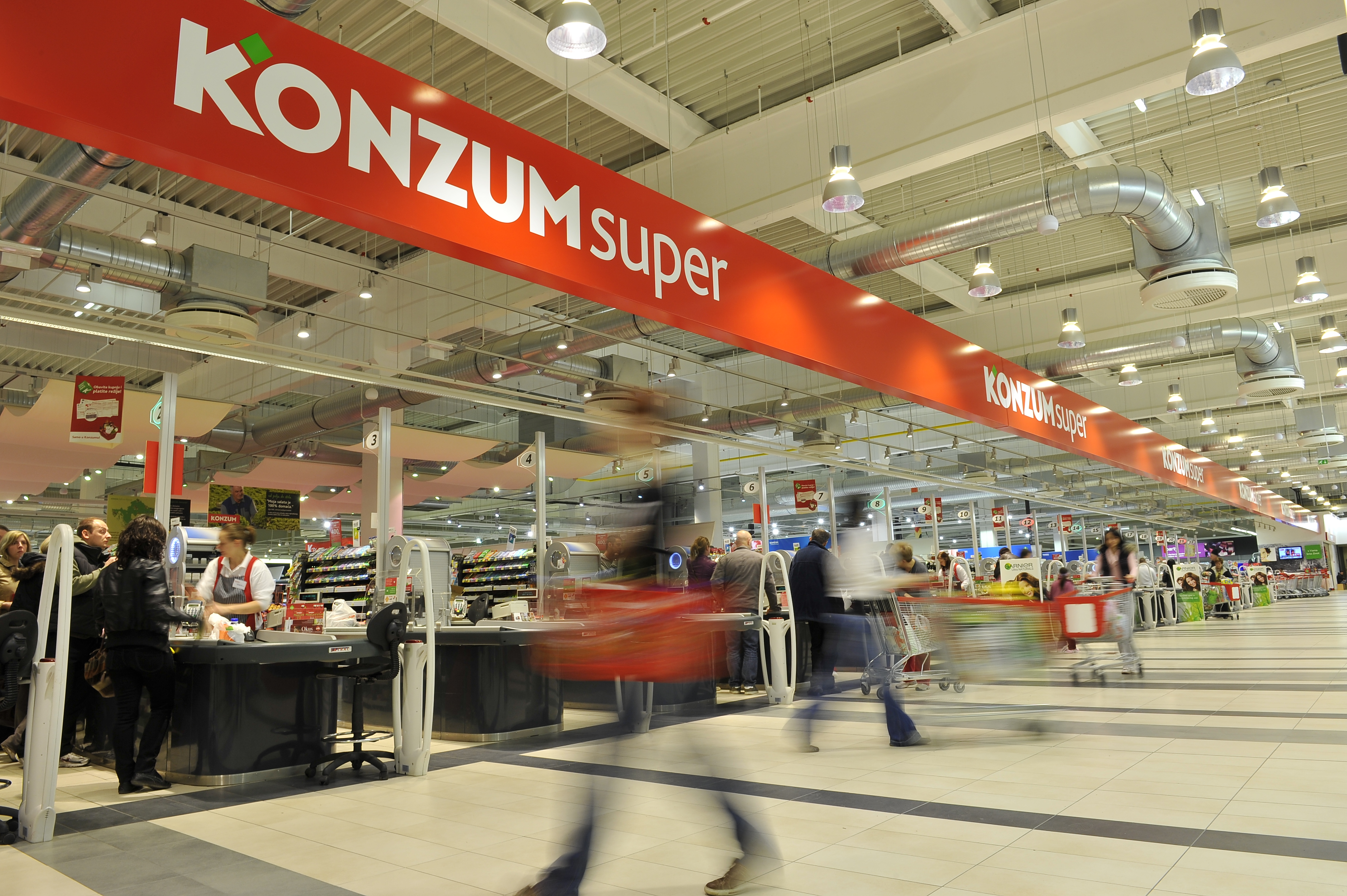''Corruption is worse than prostitution. The latter might endanger the morals of an individual, the former invariably endangers the morals of the entire country.'' - Karl Kraus
Very few people have managed to dominate the Croatian press for such a long time, in such an extremely negative sense like Ivica Todorić has.
The former Agrokor boss rose from relatively normal beginnings in Kloštar Ivanić, Croatia. Born in 1951, his mother was a local teacher and his father, Ante Todorić, was already a prominent figure on the then Socialist Republic of Croatia's agricultural scene. Having grown up on a farm in Dugo Selo, which was under the management of his father, young Ivica learned some tricks of the trade.
Having been schooled in Zagreb and then having graduated from the Faculty of Economics, Todorić threw caution to the wind and began what was to become a barely comprehensibly successful career with very humble beginnings. In 1976, he launched a business which dealt with the production and the private trading of flowers. Yes, just flowers. The business grew, expanding throughout the then Yugoslavia, growing and morphing with the trends as time went on. Before long, Agrokor, the then rather meaningless name which was to take on a much deeper meaning, and then a historically powerful one in time, took to the imports of other products, including but not limited to fruit and vegetables and cereals.
Agrokor's business did very well, it grew slowly but steadily, and as the Homeland War came knocking and tensions in the artificial Yugoslavia intensified, resulting in its eventual breakdown and collapse, Todorić seized the economic opportunities war always brings with it, acquiring new assets along the way.
Relying greatly on luck and the slightly more advantageous circumstances that had come upon him, Dr. Franjo Tudjman ended up being a great aid to the flourishing (no pun intended) Todorić, having managed to obtain property during the war, creating stores and processing companies, Tudjman's presidency saw the ambitious Agrokor boss manage to get his hands on a very handsome loan from Zagrebačka banka, now the largest bank in Croatia, owned by UniCredit. This generous sum of money allowed the young entrepreneur to take things even further, acquiring more assets and cementing Agrokor deeper yet into Croatia's then shaken economy.
By the time 1994 rolled around, Todorić's booming Agrokor acquired not only the giant Unikonzum (now Konzum) wholesale retailer, but also Ledo (frozen goods). When the war in Croatia finally ended, and Yugoslavia was no more, the country lay in tatters, but Todorić had more security that he could have possibly dreamed of. A shrewd businessman given repeated green lights through no less than luck, and perhaps a dose or two of fate, Agrokor continued to rise to become Croatia's most important economic player, employing thousands upon thousands of people, spreading across the region, and generating eye-watering levels of profit and income.

Over the post-war years, as the former Socialist Republic of Croatia transformed into the newly independent Republic of Croatia and gradually got back on its feet, positioning itself as a tourist destination and attempting to recover from not only the atrocities, but the stigma of war, Todorić's fortune (and now fame) continued to quietly increase. Eventually, this rather unassuming glorified ''florist'' and son of a school teacher amassed an incomprehensible net worth of 430 million euros.
This huge sum of cash afforded Todorić a lifestyle us mere mortals can only gawp at in envy. Yachts, helicopters, brand new cars, properties and even an island (Smokvica), the Todorić family became like a movie dynasty, and the family lived lives of luxury. Konzum continued to provide excellent business results by all means, and was among the most prominent, if not the most prominent employer in the Republic of Croatia. As Agrokor blossomed, so did Todorić's deals, and it seems that behind closed doors, the temptation to bypass the rules now and then went from strength to strength, and got worse and worse.
Despite having reached a level of utter success that barely anyone can begin to comprehend, not everything was peachy for Todorić. More money meant more commitments, more commitments meant spending more money, and the better business went, the more problems occurred along the way. Forbes once featured glossy images of Todorić, citing him as one of Croatia's richest. Various national newspapers offered quick but eye-opening glimpses into the luxurious lifestyle of the Todorić family, the brand new cars, the yachts, the picturesque holidays on the island of Smokvica, no stone was left unturned. Or so it then seemed.
In early 2017, Agrokor made the news for all the wrong reasons. This gigantic company was, as the media portrayed it, suddenly on the very edge of total collapse, threatening to take the entire domestic economy down with it. Pension funds fell, jobs were threatened and in some cases lost, Konzum stores closed, Agrokor's many affiliate companies and reliant companies from within the larger umbrella suffered tremendous losses, giant international companies refused to deliver their stock until they were paid, and the former economic giant was now on its knees, begging the likes of Russia's Sberbank, among others, for another, final loan.
To go too deeply into what occurred within Agrokor in this article would see it turn into a book. If you'd like to read what exactly happened, click here.
The consequences of Agrokor's huge woes, which to the public eye, came rather abruptly, caused a political fallout like no other since Croatia's hard-earned independence. The ruling HDZ-MOST coalition fell apart in a very public and very messy divorce. Prime Minister Andrej Plenković dismissed MOST's ministers after they voiced their lack of confidence in the finance minister, Zdravko Marić, who had once worked for Agrokor yet claimed to have known nothing about the company's very serious problems. Martina Dalić, the former Deputy PM, saw suspicion consume her very existence, and a very strange law, Lex Agrokor, which had apparently never even been in the hands of the Justice Ministry, was quickly penned and passed, allowing for the Croatian Government to step in and attempt to rescue the ailing company before it was too late.
What had happened within Agrokor has been brewing much like a dormant volcano for years. It didn't take a rocket scientist to work that out, and some rather clumsy statements from numerous political figures who claimed Todorić had been ''more powerful than the state'' were met with understandably furious reactions from across the spectrum. If Todorić had truly been more powerful than the state, then someone, somewhere, had arranged for it to be that way. In a normal country, one does not become ''more powerful than the state'' just by owning a large company. Numerous factors and indeed players are required in order for such precarious circumstances to exist, if it is true, of course.
The manner in which Plenković dismissed MOST's ministers fell under scrutiny, and the finance minister, who still holds his position within the government to this very day, was bombarded with suspicion and questioning. Eventually proving himself, the suspicion around just what he did know remained, as it has to this day. Mud sticks, moreso on such a public platform.
As the political crisis began to gradually steady itself in the wake of the Agrokor-shaped bomb that had gone off, preparations were underway to try to stabilise Agrokor's business and control the immediate damage.
Todorić, apparently under ''blackmail and threats'', signed Lex Agrokor and his company left his hands officially in June 2017. No longer at the helm of Croatia's strongest economic player, which was now drowning in debt from all sides, Todorić set about proclaiming his apparent innocence in various manners.
As the storm brewed, silver fox Ante Ramljak was appointed as Agrokor's new government appointed extraordinary commissioner, and the company entered into a phase similar to that of intensive care. The law, which (in layman's terms) states that the government can step in to take over in companies of significance to the Republic of Croatia, was met with considerable suspicion. Todorić, now reduced to nothing, was among the loudest of all of its opponents and sceptics.
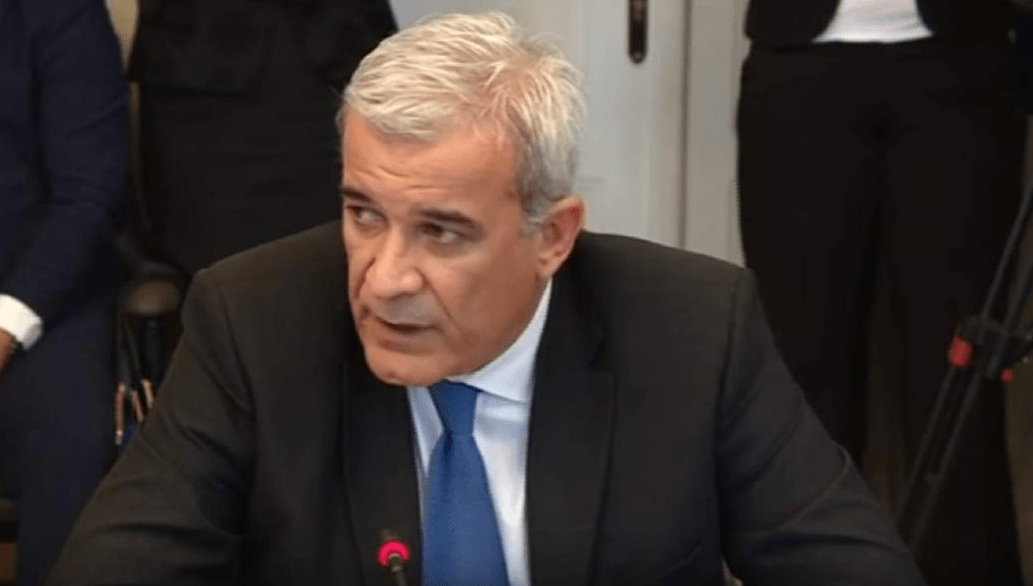
Ramljak, Ante
Members of Agrokor's former management body were eventually arrested and questioned about what they knew. Todorić publicly condemned the Croatian authorities and the arrest of his former colleagues, claiming that ''whatever had happened'' within the company, was upon him and not them. A strange statement indeed from someone who had done nothing but proclaim constant innocence from day one. Despite the proverbial tornado that was whirling ever faster around him and his obviously questionable business affairs, Todorić went about his life quite normally in Zagreb for some time. He was photographed getting in and out of his Mercedes to get his hair cut, and although the camera can and does lie, regardless of what they old saying claims, he looked rather relaxed about the whole thing. Perhaps it just hadn't hit home yet.
Eventually, Todorić's accounts (which he constantly claimed were empty, anyway) were blocked, his home was searched, and he fled the country. Never moving from a position of pure innocence yet sensing the walls closing in on him, the former boss vanished. His children, Iva, Ante, and Ivan, all of whom held senior positions within Agrokor, were also very difficult to come by, as was his wife, Vesna.
Todorić was no longer in Croatia, leaving many wondering why his passport wasn't removed from him. He began writing accusatory blogs from allegedly unknown locations across Europe. The blogs, many of which we translated into English here at TCN, were bizarre and unusually aggressive, a far cry from the charming and charismatic man that once stood proudly at the head of Agrokor.
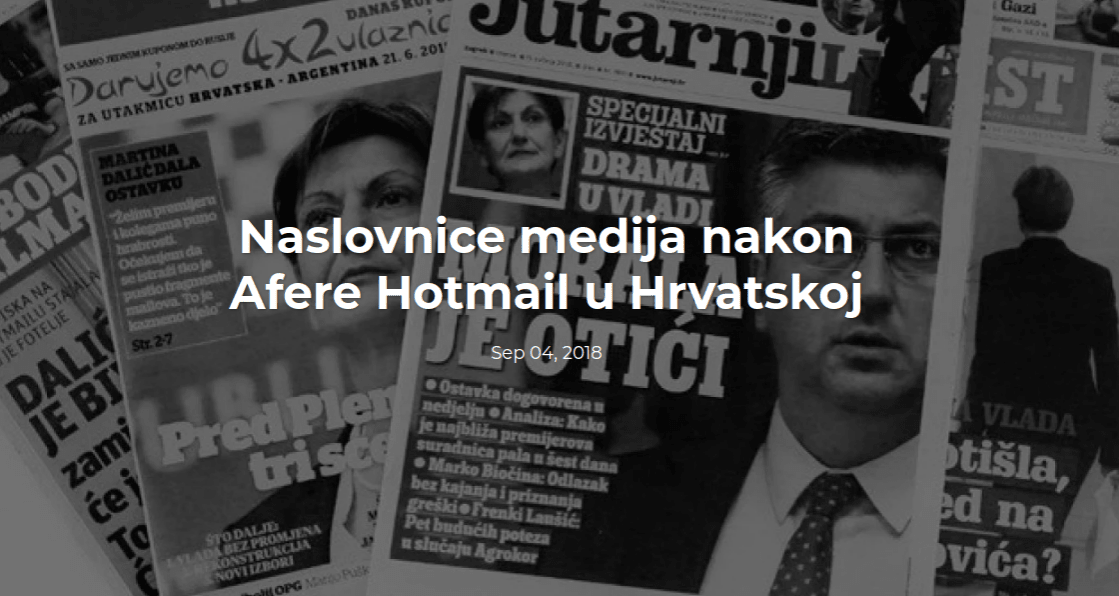
ivicatodoric.hr
One of the many blog posts detailed how Martina Dalić had allegedly sent him and his family threatening emails during the night, another claimed Andrej Plenković gave him chocolates at secret meetings under the cover of darkness, another claimed Ante Ramljak was engaging his ex-wife's company in Agrokor's affairs purely so he could use Agrokor's money to pay her off. The strange, often repetitive musings of the former formidable boss continued over the weeks and months, and eventually Croatia submitted a European Arrest Warrant for his capture.
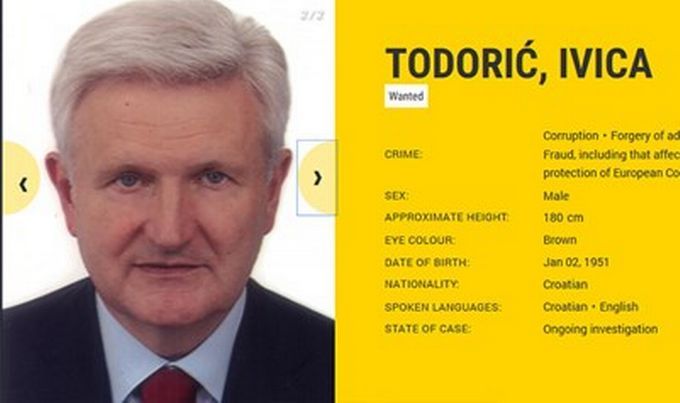
Europol
To put it as simply as possible, Todorić was accused of having stolen, taken, alienated (or whatever term you prefer) money from Agrokor, and the arrest warrant issued for him claimed that Todorić was wanted for corruption, fraud, forgery and counterfeiting, and with Europe on the lookout, it seemed as if there was nowhere left to run for the disgraced former boss.
Having taken the somewhat unenviable jump from the glitz of Forbes magazine to Europol's most wanted (with a less than flattering photo to add to the drama), Todorić wrote a blog about needing to be away to ''gather evidence'' against those who were ''waging a political war against him'' back in Croatia, and eventually handed himself in to the police at Charing Cross Station in London, where he was arrested, detained, and then released on tag after he paid the British authorities a massive £100,000 in bail. Kind of weird for a guy who claims to have no money, let alone any of Agrokor's, even to this very day. That was in November last year, and a hearing on his potential extradition was then scheduled for April 2018.
Having managed to get out of traditional detainment, Todorić began his new life in the British capital under the watchful eye of the Metropolitan police. Rumours surfaced about him having engaged Michael O'Kane to help him escape extradition, a well respected British lawyer who has dealt with some of the most serious of cases, including those of the Russian mafia. As one can imagine, true or not, hiring such a lawyer is going to cost an arm and a leg, and Todorić's constant proclamaitions about having no money were already beginning to wear thin.
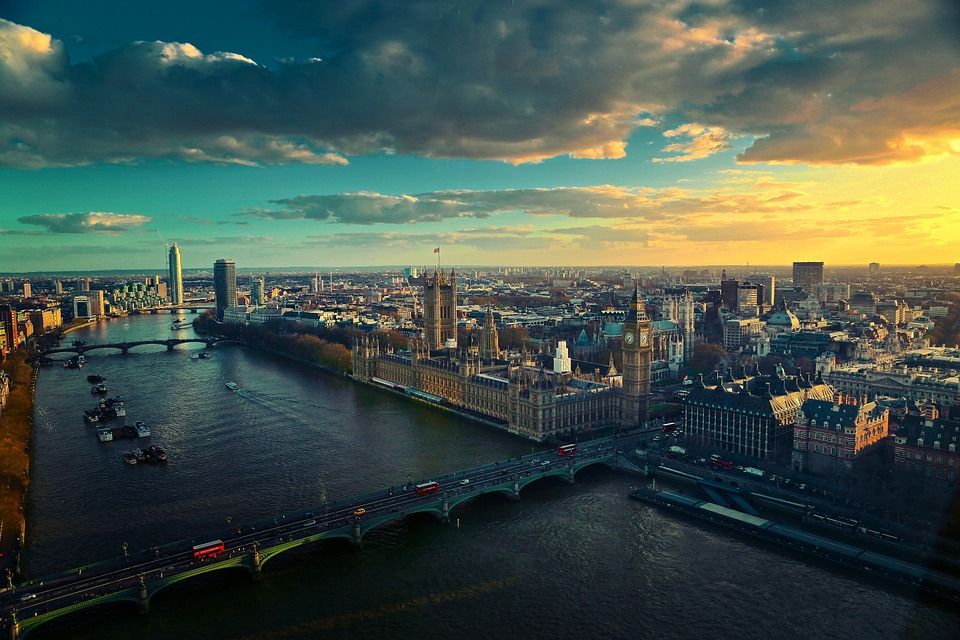
April 2018 rolled around, not without a scandal or two in the months between, and April the 10th, 2018, was hailed as D-Day for Todorić, with speculation that he could have even faced extradition that day. Of course, this didn't occur, and even if an extradition decision was reached, Todorić still had all the possible channels of appeal available to him.
Such procedures are notoriously slow, and whatever was due to occur was sure to be anything but immediate. Todorić continued, in his now characteristic dogged determination, to fight his cause. Todorić publicly claimed on the 23rd of April that his arrival in Croatia would ''surprise everyone'' when the Westminster Magistrate's Court approved his extradition. ''This is another victory of mine'' claimed the ex Agrokor boss, he noted that he was ready to use all of the legal measures available to him to fight his extradition, but that regardless, he'd return of his own accord to Croatia soon. Odd? Yes, a bit, but these are the word games of either extreme confusion, or extreme intelligence. That's a line that is often blurry when it comes to the public statements made by Agrokor's former top dog.
Life went on, both in Zagreb and in London.
Todorić grew dissatisfied with his blog and launched no less than a YouTube channel, where he continued to fight his corner, this time on video, being interviewed and grilled on the entire dire situation, which continues to open up more questions than it does reach answers. (Subscribe here). Appearing considerably anxious, shaky, frustrated, mildly confused and even emotionally unstable, Todorić's career move from company boss to Internet sensation was quickly deemed to have been a poor decision, and anyone who had sided with him against the suspected underhand dealings of the Croatian Government and the new extraordinary administration team under Ramljak quickly switched sides again.
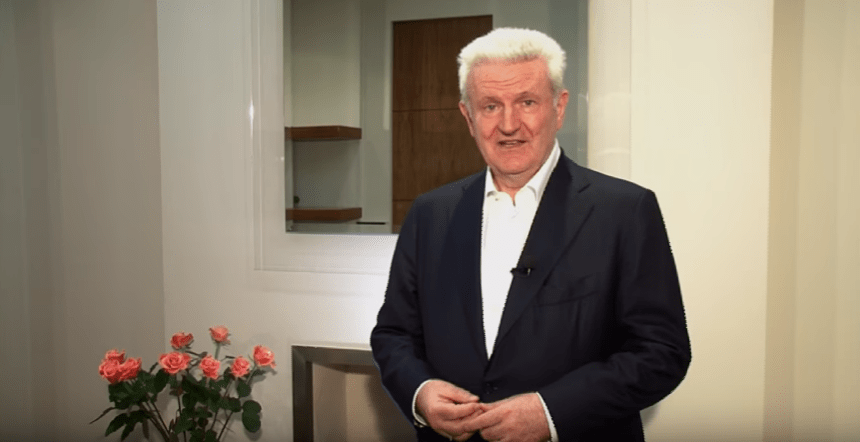
Todoric, Ivica
Ramljak eventually stepped down from his role as the government's extraordinary commissioner in Agrokor as rumours about him grew, apparently setting up a company in Prague, you know, as you do. Martina Dalić stepped down from her role as Deputy PM, ending her long career at the PM's side after the ''Hotmail affair'' in which strictly confidential material related to Agrokor and Lex Agrokor was being transported around insecurely. The Hotmail affair was, regardless of any notion of ethics or morals, a perfect chance for Todorić to stand strong, at least propaganda-wise, with his allegations of her having sent him threatening emails and messages, but even that golden window of opportunity seemed to fall through for the former boss. His only real comment was that Plenković should have gone with her.
The quiet, calm and industrious Fabris Peruško of Tisak took over with Irena Weber as his deputy. Peruško has, to date, made very many positive moves in securing the company, bringing profits back up, restoring a level of confidence, and flexing his muscles in the sense of desiring the dismissal of certain individuals with whom he isn't happy for what he perceives to be the benefit of Agrokor. Back in July, amid the World Cup euphoria which had engulfed the entire country in the warm blanket of some much needed joy, Peruško claimed that in just fourteen months, the threat of Agrokor's collapse had been avoided. A sigh of relief followed.

Perusko, Fabris
Todorić's situation had also calmed a little, regardless of the fact that the type of calm he was feeling was the type that one feels just before a storm. He hired a top Serbian law firm to help him fight extradition, which, once again, is a strange move for a man who claimed he left Agrokor with no more than 20,000 kuna. The Serbian lawyer, who claimed that Croatia had been out of line in its handling of the Agrokor crisis, conveniently claimed that it was ''too early'' to discuss details as yet. Nothing has been heard since.
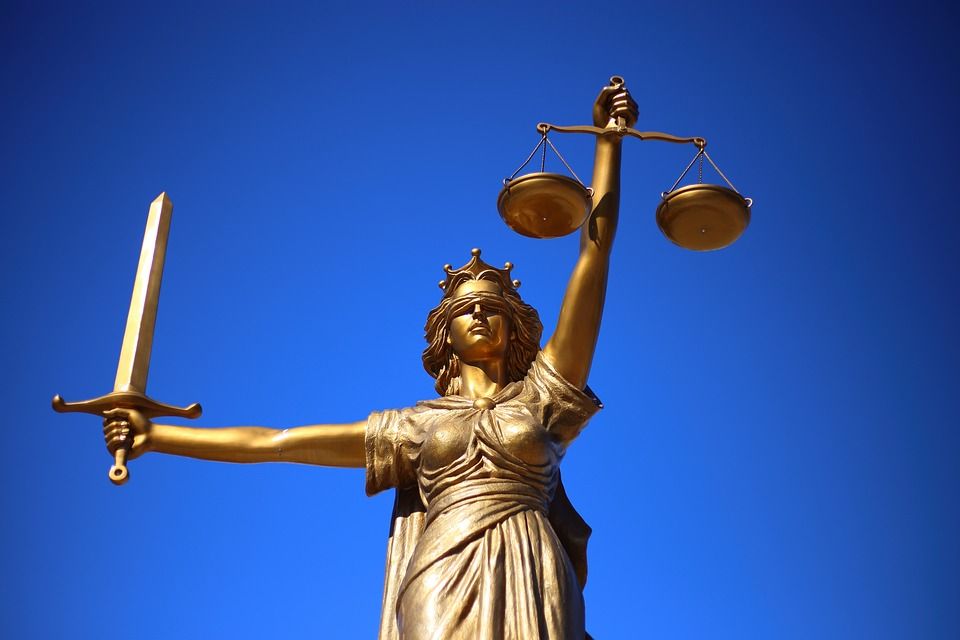
In July, the British announced and then confirmed to Croatia's N1 that Todorić's request for appeal against the extradition decision had indeed been rejected, however, Todorić decided to exercise his right to be heard orally in spite of the British decision to uphold the decision. A hearing is scheduled for tomorrow, September the 6th. If the aforementioned British court stays true to its current opinion, Todorić will have exhausted all means of appeal, and will be extradited to Croatia to finally face trial for the plethora of crimes committed by and under him within the giant Agrokor Group.
It has been reported today that Todorić intends to spend Thursday doing all he can in a last ditch attempt to avoid extradition to Croatia. If there's one thing he cannot be accused of, it's going down without a fight. To briefly recall, on April the 23rd of this year, Magistrate Emma Arbuthnot stated that she did indeed accept that the Agrokor affair has a political dimension to it. This, however, will not work in his favour, nor will it prevent Todorić's looming extradition.
Todorić, his two sons Ante and Ivan, and his former executives and auditors are accused, among other things, of fraud totalling a massive 1.142 billion kuna (153 million euro). His numerous attempts to ''avenge'' well... himself, landed on less than fertile ground. His desire to sue the Republic of Croatia for ''violating'' European Union law also fell on deaf ears. It seems that after a painfully long road, we're finally at the very undignified end.
Is this truly the end of the line for the ever-inventive Todorić, who claims he doesn't feel at all like a fugitive? Will Agrokor ever return to its former economic glory? Tomorrow's outcome lies in the hands of the British authorities, and whether or not Todorić will touch down on Croatian soil any time soon, tag or no tag, is yet to be seen.
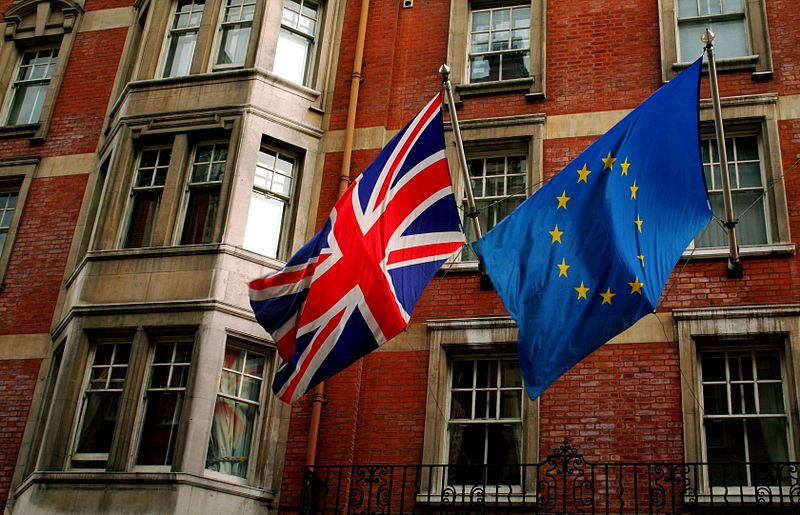
Commons/Dave Kellam
In any case, this agonising process is indeed drawing to its rather solemn end, and the former enigma that is Ivica Todorić is about to join the likes of Ivo Sanader in the Croatian history books, either in a Mercedes or in the back of a police car.

